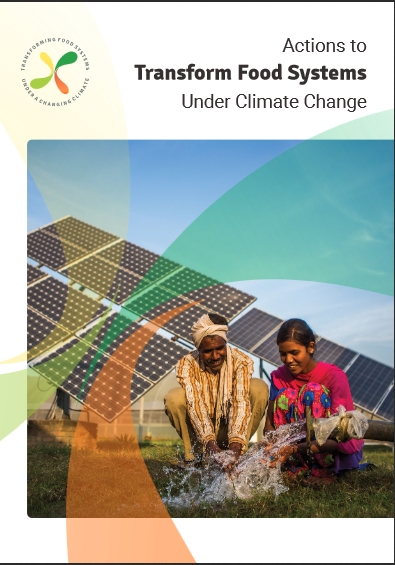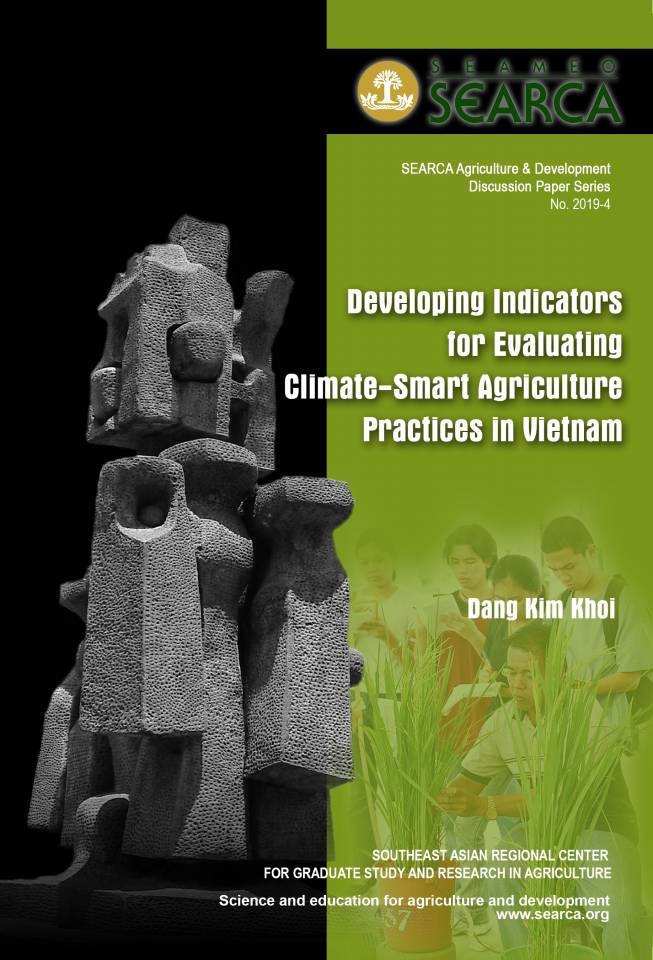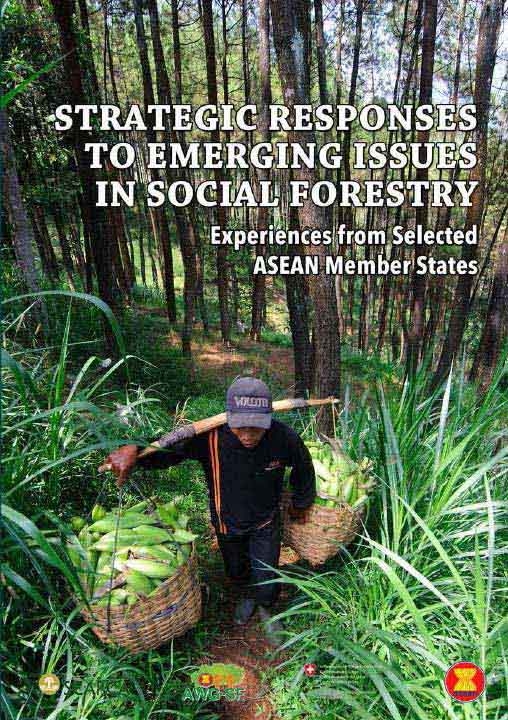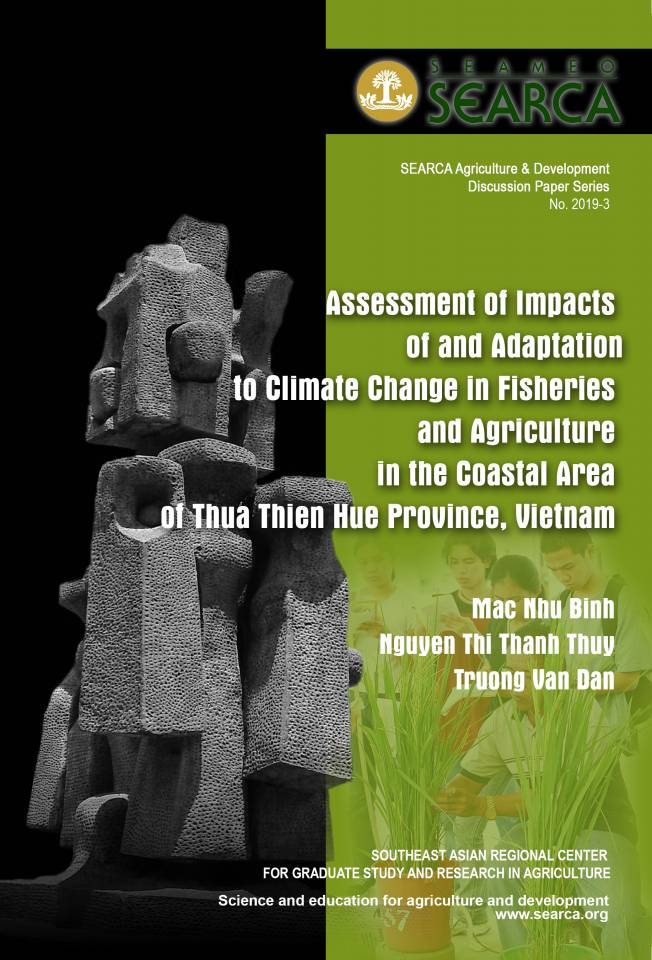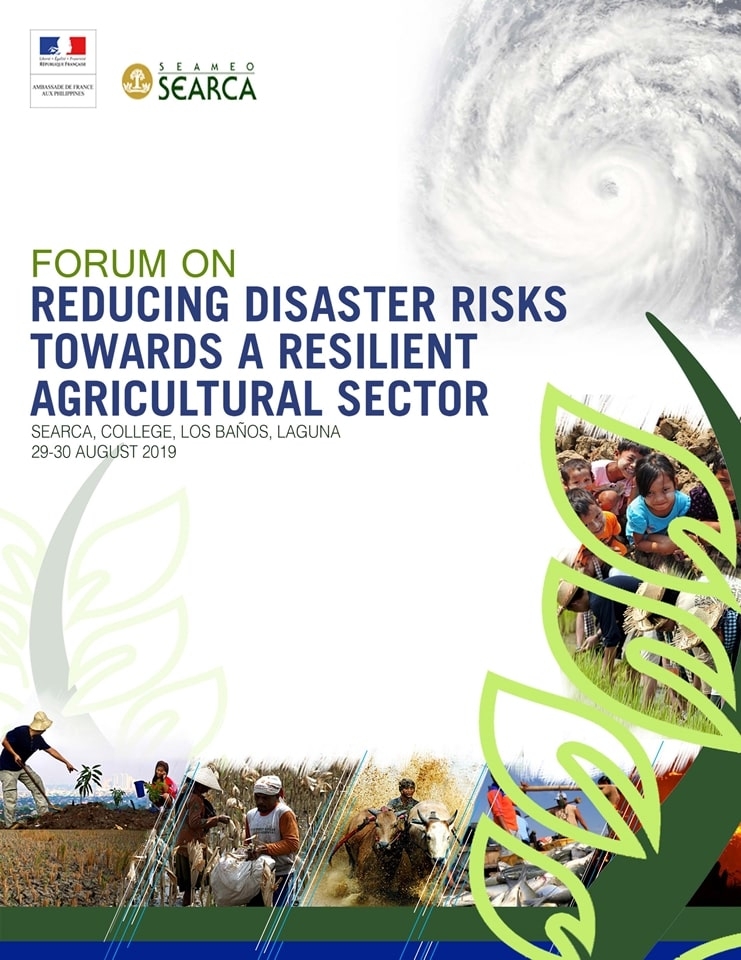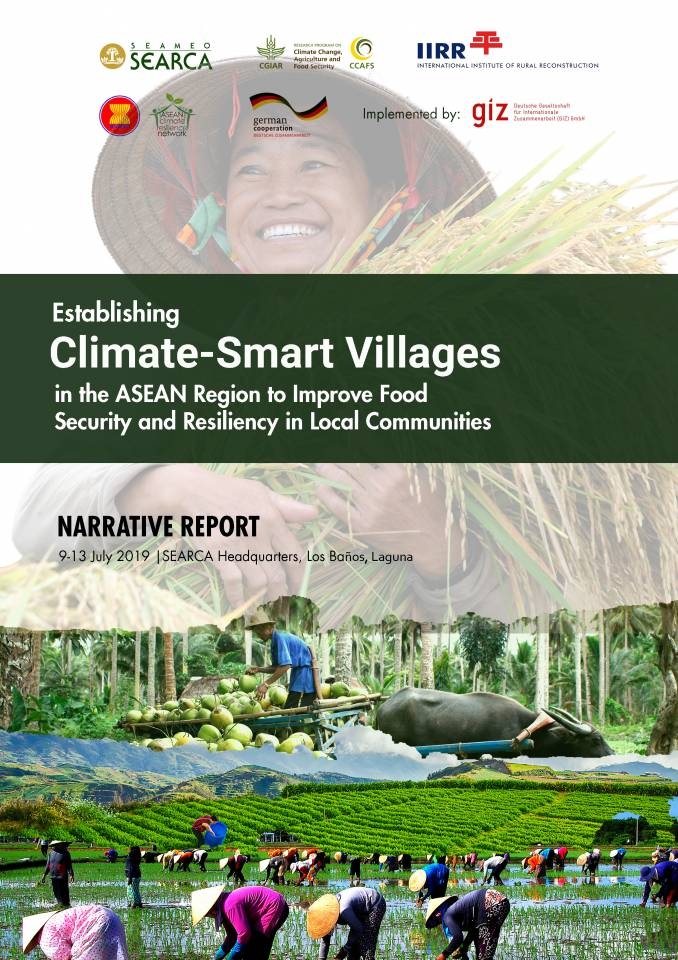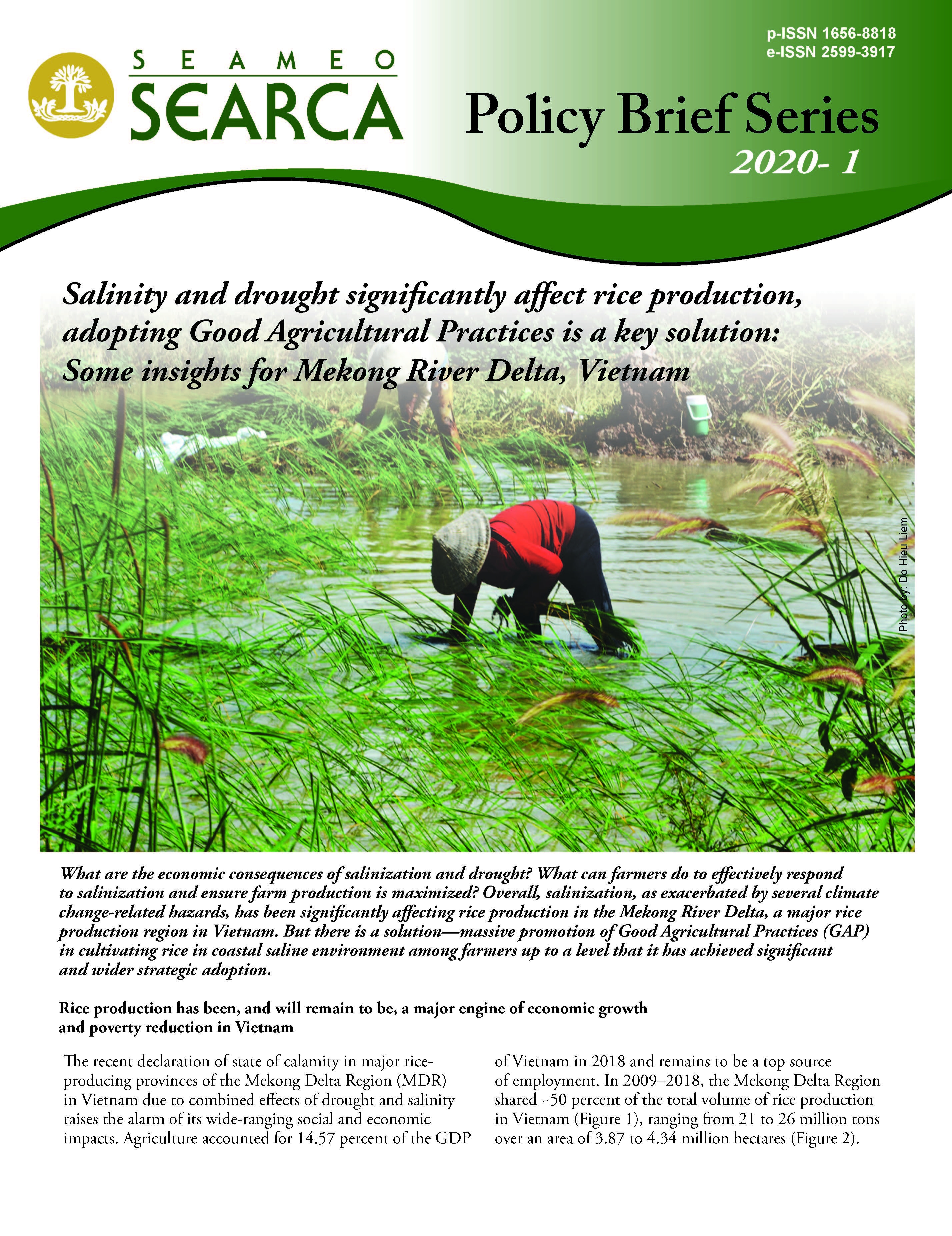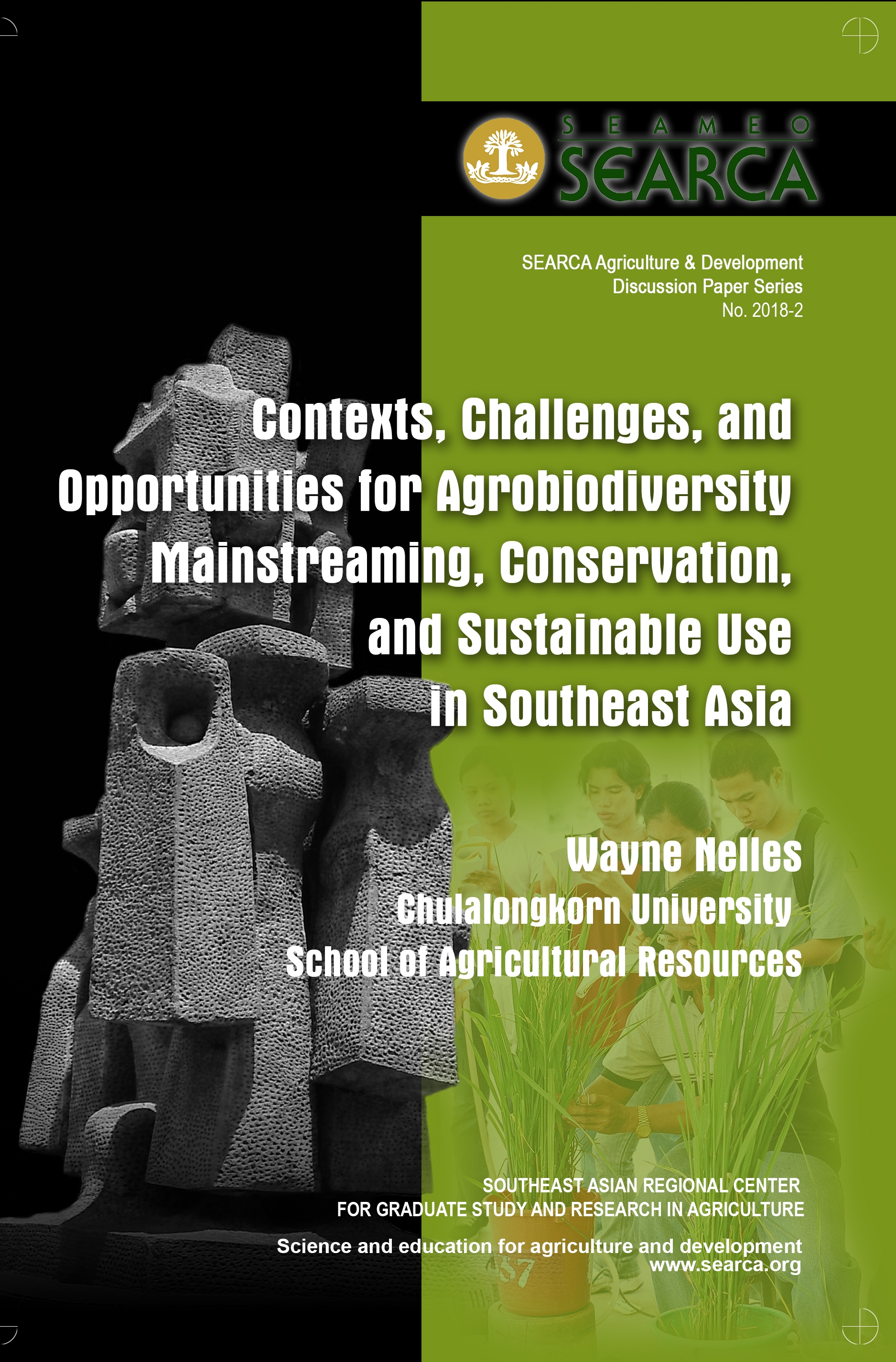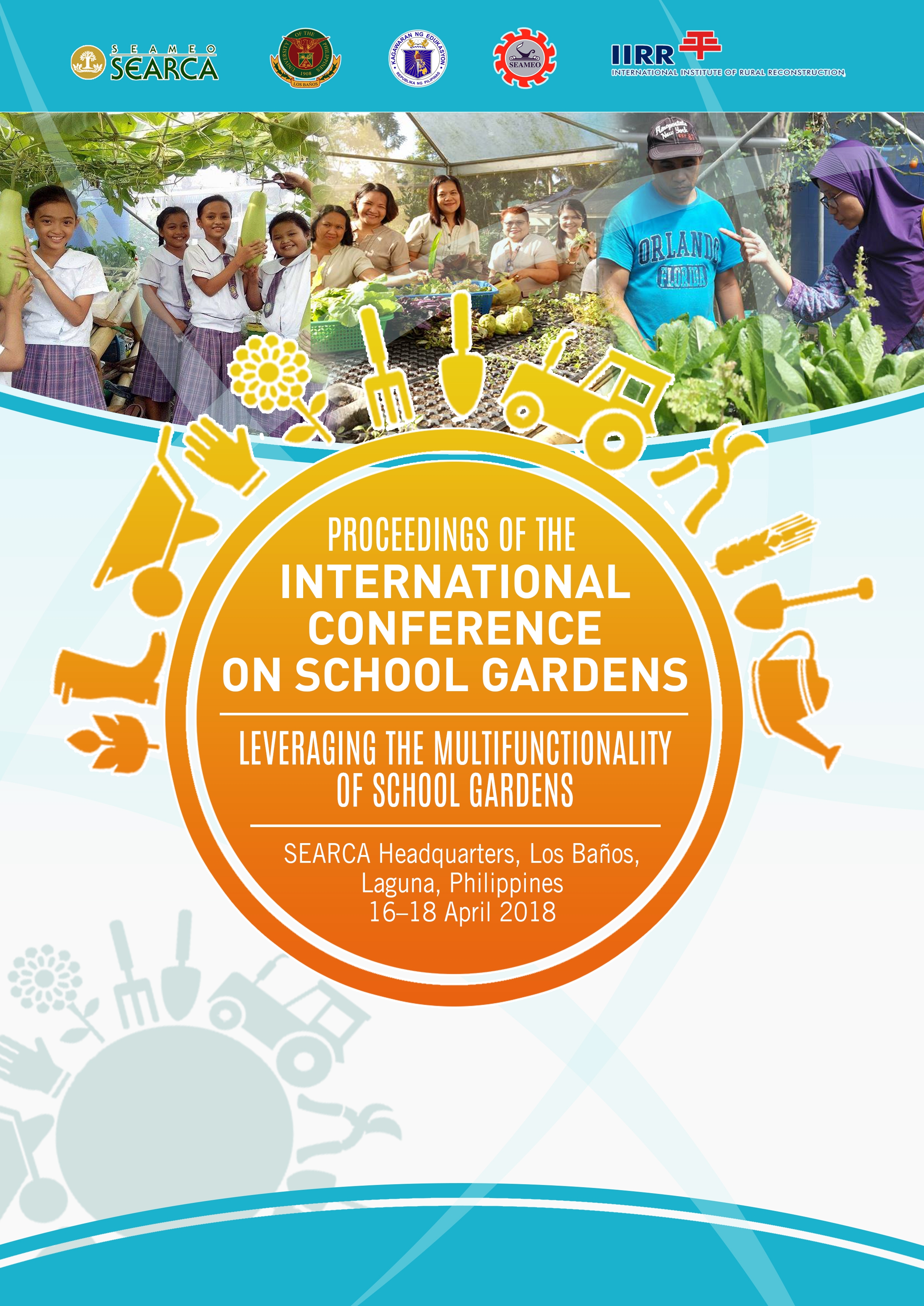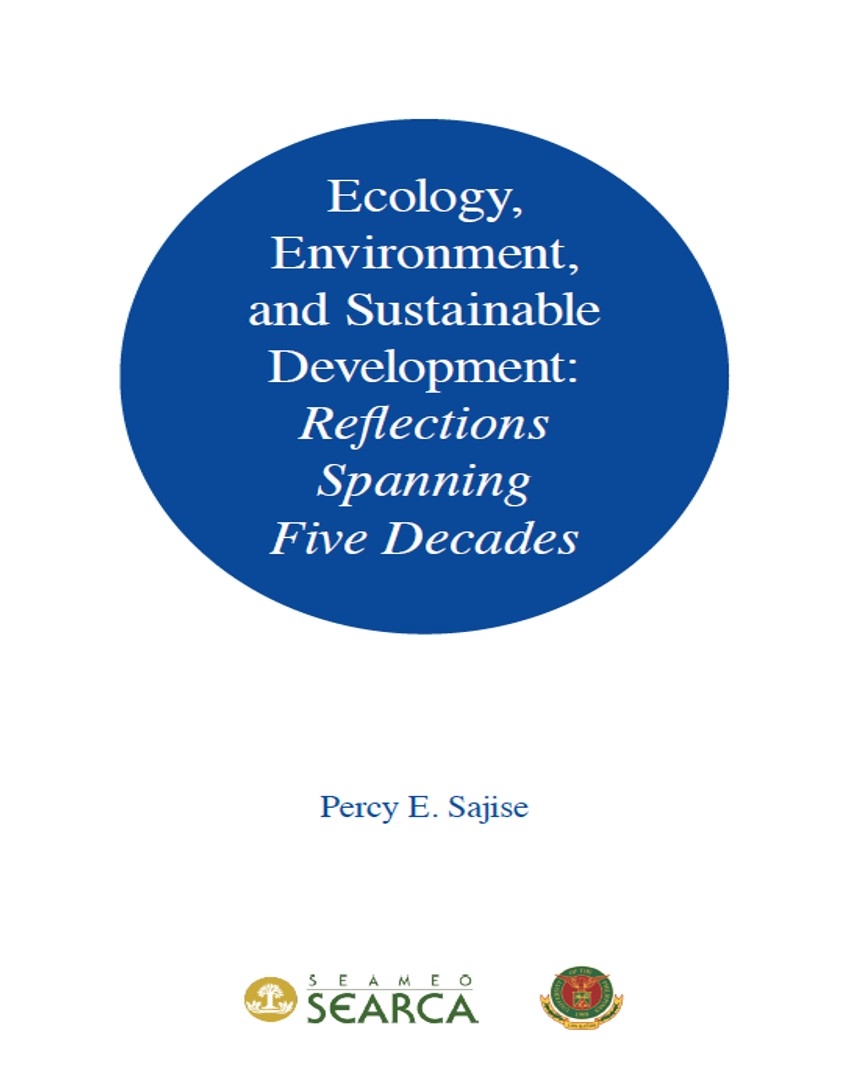Publications
This contains experience notes, adaptation notes, policy briefs, policy papers, technical reports, stories on good practices, and other publications related to climate change adaptation and mitigation in Southeast Asia not just from SEARCA, but also from KC3's partners and other agencies/institutions.
Our food systems are failing us. This is the overarching message from the wealth of literature on food systems.1 Analysis by Bene and colleagues finds that this growing body of literature focuses on four main types of failures: food systems’ inability (i) to produce greater quantities of food to feed a growing world population, (ii) to meet nutritional needs, and (iii) to benefit everyone equally and equitably, with both over- and underconsumption rife in current food systems, plus (iv) the…
Vietnam, an agriculture-based country, presents a typical example of food production—climate change paradox. Agriculture is a major contributor to the national and household economies, accounting for approximately 20.0 percent of Vietnam’s Gross Domestic Product (GDP), 11.9 percent of total export value, and generating about 67.7 percent employment in 2015. Agricultural growth is, thus, seen as a means to ensure national food security and a tool to generate income. However, the Ministry of Natural Resources and Environment or MONRE (2015) notes…
For over a decade, the ASEAN-Swiss Partnership on Social Forestry and Climate Change (ASFCC) has supported ASEAN’s pursuit of food security through sustainable, efficient, and effective use of land, forest, water, and aquatic resources and by minimizing the risks and impacts of climate change. The central element of the ASFCC program, which concluded in February 2020, was its support for the ASEAN Working Group on Social Forestry (AWG-SF) and its strategic priorities and plans of action. The ASFCC Strategic Reserve Fund (ASRF) was then designed…
Climate change is a human concern, impacting not only the physical environment but also the livelihood of the people. Warnings on the probable severe negative effects of climate change on humans have been published globally and Vietnam is one of five countries that will be affected most severely by climate change and sea level rise. Therefore, climate change needs to be considered in the strategies and plans for long-term and shortterm development goals of each locality in Vietnam including Thua Thien Hue province. As a coastal…
Some of the specific pathways through which damage and loss from exposure to extreme hazards such as tropical storms, floods, droughts due to climate variability and change occur in the agricultural sector. Despite this, there is still limited action related to disaster risk reduction and management by various actors, which underpins the vulnerability that exists in the sector. The lack of technical capacity, poor government coordination, and inadequate financing, for instance, suggest the type of local government policies in place.…
The Southeast Asian Regional Center for Graduate Study and Research in Agriculture (SEARCA), in partnership with the International Institute of Rural Reconstruction (IIRR) and the CGIAR Research Program on Climate Change, Agriculture, and Food Security (CCAFS), organized a workshop titled Establishing Climate-Smart Villages (CSVs) in the ASEAN Region to Improve Food Security and Resiliency in Local Communities on 9-13 July 2019 to demonstrate the principles and processes behind the application of climate-smart agriculture in communities vulnerable to the worsening impacts…
What are the economic consequences of drought and salinization? What can farmers do to effectively respond to salinization and ensure farm production is maximized? Overall, salinization, as exacerbated by several climate change-related hazards, has been significantly affecting rice production in the Mekong River Delta, a major rice production region in Vietnam. But there is a solution—massive promotion of Good Agricultural Practices (GAP) in cultivating rice in coastal saline environment among farmers up to a level that it has achieved significant…
This paper provides an introduction to some critical issues pertaining to agrobiodiversity mainstreaming, conservation, and sustainable use in Southeast Asia. An earlier draft initially served as a background paper for a regional agrobiodiversity workshop organized by the Southeast Asian Regional Center for Graduate Study and Research in Agriculture (SEARCA) and the ASEAN Center for Biodiversity (ACB), hosted by Maejo University (MJU) in Chiang Mai, Thailand on 12–14 September 2017.
A total of 130 participants from partner organizations, school administrators, and teachers from the Department of Education (DepEd), Philippines and ministries of education across Southeast Asia (SEA), and Local Government Units (LGU) joined in the International Conference on School Gardens held on 16–17 April 2018 at the Southeast Asian Regional Center for Graduate Study and Research in Agriculture (SEARCA) Headquarters in Los Baños, Laguna. With the theme “Leveraging the Multi-functionality of School Gardens,” the international conference was organized by SEARCA…
This small book contains big lessons on sustainable resource management that Dr. Percy E. Sajise, a Filipino ecologist and environmentalist, has distilled from his more than four decades of professional work primarily in Asia and the Pacific. The book underscores the importance of the interdisciplinary approach and networking to effective environmental management, enhanced sustainable development, and biodiversity conservation. The notion of the primacy of people’s well-being in development work runs throughout the book. Students and practitioners of environmental science, ecology,…

